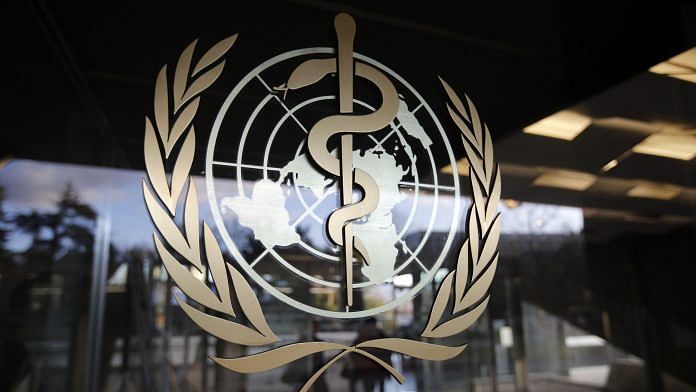New Delhi: COVID-19 patients at high risk of hospitalisation or those with severe disease should be given a combination of two antibody treatments, according to the latest World Health Organization guidelines published in The BMJ on Friday.
The WHO Guideline Development Group (GDG) panel recommends treatment combining casirivimab and imdevimab for two specific groups of patients with COVID-19.
The first are patients with non-severe COVID-19 who are at the highest risk of hospitalisation and the second are those with severe or critical COVID-19 who are seronegative, meaning they have not mounted their own antibody response to COVID-19.
The first recommendation is based on new evidence from three trials that have not yet been peer-reviewed.
The trial shows that casirivimab and imdevimab may reduce the risk of hospitalization and duration of symptoms in those at the highest risk of severe diseases, such as unvaccinated, older, or immunosuppressed patients.
The second recommendation is based on data from another trial which shows that the two antibodies probably reduce deaths and the need for mechanical ventilation in seronegative patients.
This study showed that treatment with Casirivimab and imdevimab led to 49 fewer deaths per 1,000 in the severely ill and 87 fewer deaths in the critically ill patients.
For all other COVID-19 patients, any benefits of this antibody treatment are unlikely to be meaningful, the panel noted.
Casirivimab and imdevimab are monoclonal antibodies that when used together bind to the SARS-CoV-2 spike protein, neutralizing the virus’s ability to infect cells.
The spike protein helps the virus to bind and infect the human cells.
The panel acknowledged several cost and resource implications associated with this treatment, which may make access to low and middle-income countries challenging.
For example, rapid serological tests will be needed to identify eligible patients who are severely ill, treatment must be given intravenously using specialist equipment, and patients should be monitored for allergic reactions.
They also recognise the possibility that new variants may emerge in which casirivimab and imdevimab antibodies may have reduced effect.
However, the panel says given the demonstrated benefits for patients, “the recommendations should provide a stimulus to engage all possible mechanisms to improve global access to the intervention and associated testing.”
The latest guidance adds to previous recommendations for the use of interleukin-6 receptor blockers and systemic corticosteroids for patients with severe or critical COVID-19.
The panel also recommends against the use of ivermectin and hydroxychloroquine in patients with COVID-19 regardless of disease severity.
Also read: Barring the two Covid waves, Indians think govt handled pandemic ‘very well’



